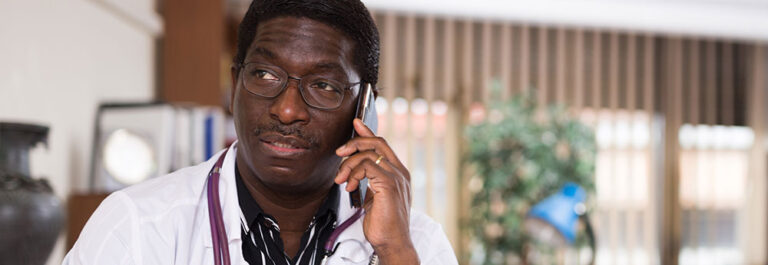Conducting a remote diabetes consultation in Africa: a how-to guide
The COVID-19 pandemic has had a tremendous impact on mindset and practices for healthcare professionals. In many respects, it has accelerated the transition to a more flexible provision of healthcare, particularly in Africa, where access to basic and specialised healthcare remains a challenge. Telemedicine is an effective tool that can be used to expand the reach and most importantly improve the quality of healthcare in Africa in these challenging times. However, conducting a diabetes consultation remotely requires specific skills and knowledge, as it is in many respects more challenging than a face-to-face consultation. Upskilling healthcare professionals to ensure that they are adapting their practice appropriately is key to improving health access with telemedicine.



